Between one-third and one-half of the global population report having anomalous/exceptional experiences. Approximately half of them find the experiences distressing. This presents a clear need for mental health practitioners with specific training in listening constructively to these experiences. However, few have this training, leaving those will distressing paranormal experiences underserved. Earlier this month, an article published in Frontiers in Psychology, articulated the problem with “When the Truth Is Out There: Counseling People Who Report Anomalous Experiences” by clinical psychologist Dr. Thomas Rabeyron.
The relationships between anomalous experiences and mental disorders are complex and vary considerably from one person to another. Rabeyron, who is affiliated with the Université de Lorraine (Nancy, France), University of Edinburgh (United Kingdom), and Institut Universitaire de France (Paris), discusses 10 broad categories of exceptional experiences, from psi perceptions to abduction experiences. His literature review shows that anomalous experiences cannot be systematically associated with psychopathology. However, the potential suffering related to such experiences can be increased by the difficulty in talking about them because of the fear of how they will be received by relatives or mental health professionals.
A psychotherapeutic approach of anomalous experiences has been developed in several European countries since the 1960s. At the forefront are two centers in Freiburg, Germany: the Institute for Frontier Areas of Psychology and Mental Health (or IGPP – Institut für Grenzgebiete der Psychologie und Psychohygiene) and the Scientific Society for the Advancement of Parapsychology (Wissenschaftliche Gesellschaft zur Förderung der Parapsychologie). A counseling service is also offered at the Koestler Parapsychology Unit at Edinburgh University, Scotland. And, following the model of the clinical settings developed in Germany, Rabeyron co-founded a teletherapy counseling service specializing in anomalous experiences: the Center for Information, Research and Counselling about Exceptional Experiences (CIRCEE, Centre d’Information de Recherche et de Consultation sur les Expériences Exceptionnelles).
In the Frontiers article, Rabeyron presents the clinical practice developed at CIRCEE: a Psychodynamic Psychotherapy focused on Anomalous Experiences based on three main components: phenomenological exploration (description of the experience), subjective inscription (feeling of the experience), and subjective integration (meaning of the experience). CIRCEE’s approach of open and neutral listening depathologizes the experiences. Clinicians reassure the person regarding the nature of his or her experience, that such experiences do not mean they are becoming “crazy” and that many people have experienced similar things.
After illustrating the CIRCEE model with sample cases, Rabeyron notes again the dearth of counseling services specializing in this area. He proposes that the model could also be useful for those who work in more classical clinical settings when they encounter such experiences. Given that sometimes an attitude of rejection can further stigmatize these experiences, he concludes that “it seems more appropriate to welcome these unusual experiences in a way that conveys to the patient that they are understood, even when these experiences challenge the therapist’s conception of reality.”
Overall, with its rich literature review and thorough description of CIRCEE’s approach, this open access Frontiers article is a good starting point for mental health professionals who may wish to familiarize themselves with the resources of clinical parapsychology and incorporate them into their own practice.

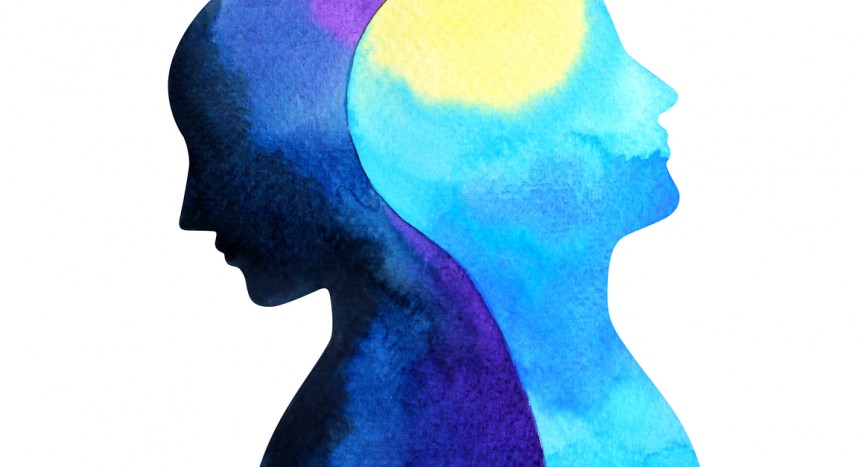
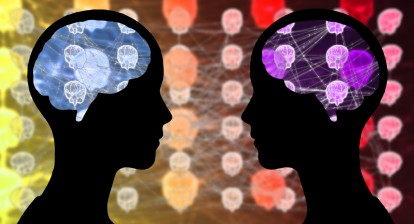
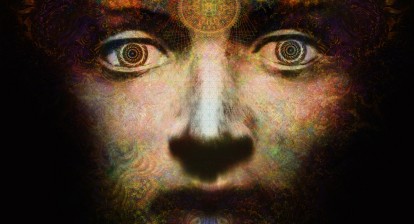
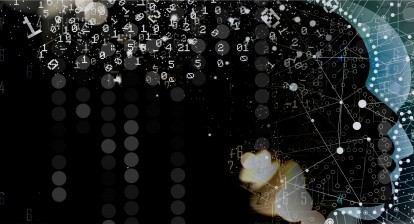
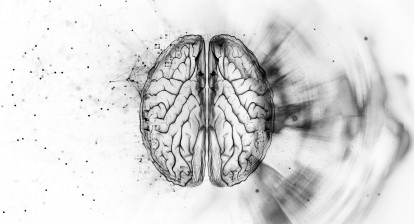

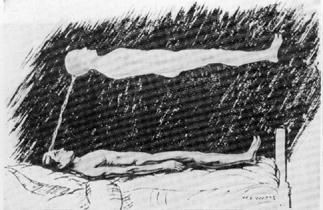
Michael Daw
Really interesting blog. Thank you. Readers may be interested in the Emergent Phenomenology Research Consortium (https://theeprc.org/), which focuses on research to improve outcomes in this area.
Anastasia
Great blog. This article is a great resource for knowing the current thinking and approaches. I’m continually curious as to why psychosynthesis, a psychodynamic psychology, hasn’t gained more traction in clinical parapsychology. The exercises for integration, and the fundamental acceptance of each experience as part of a dynamic human–spiritual experience, is embraced.
Pingback: When the Truth is Out There – Public Parapsychology – TruthUncovered.TV
Pingback: When the Truth is Out There - Icebutik